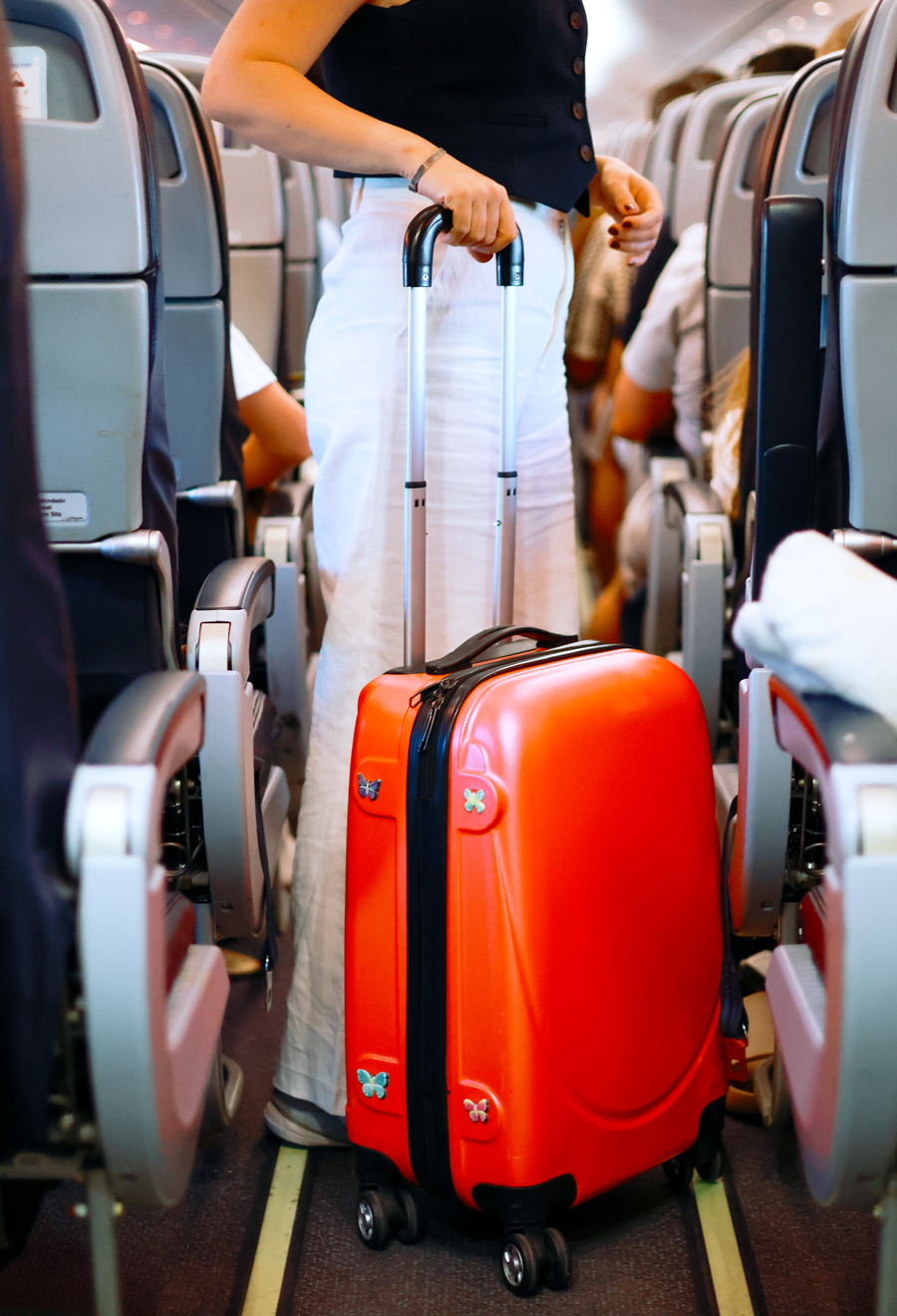Flying can be a stressful experience, and most people simply want to sit down in their seats and depart as quickly as possible. Unfortunately, many passengers ignore basic etiquette, especially during the hectic boarding process. Here’s a look at 10 of the rudest things travelers do when boarding an aircraft, so you know what to avoid on your next flight.
Acting Like “Gate Lice”
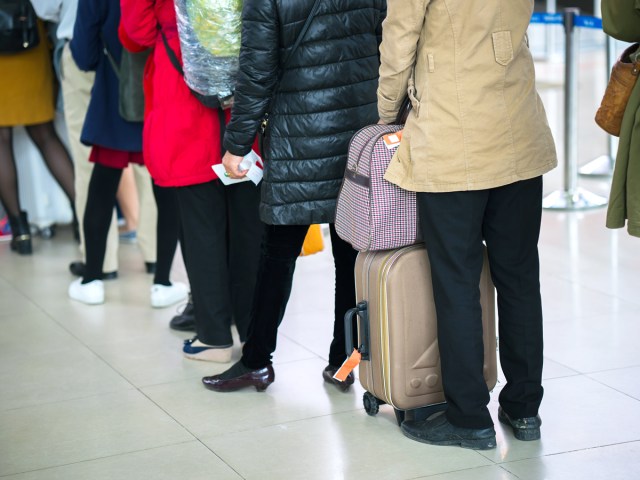
You may not have heard the term “gate lice” before, but you’ve definitely seen it in action — it’s the nickname airline employees give to those passengers who swarm the gate before the designated boarding time and often try to cut the line ahead of their assigned boarding group.
There are several reasons why travelers act like this, according to psychologists interviewed by The Washington Post. Some chalk it up to a herd mentality, as less frequent flyers may follow the crowd without knowing any better. Other times, it’s due to airline policies — particularly baggage fees, which discourage people from checking luggage and make the already-limited space available to stow carry-ons even more precious. Many passengers worry about having room for their bags, so some may try to sneak on early.
Whatever the cause may be, the more gate lice there are, the more difficult it is to figure out who’s supposed to board and when. This leads to congestion, confusion, and delays during the boarding process.
Amid a concerning rise in “gate lice,” American Airlines has started implementing a new system to alert gate agents when a passenger tries to board early. This allows them to easily detect line cutters and send them to the back of the line.
Rummaging Through Your Luggage
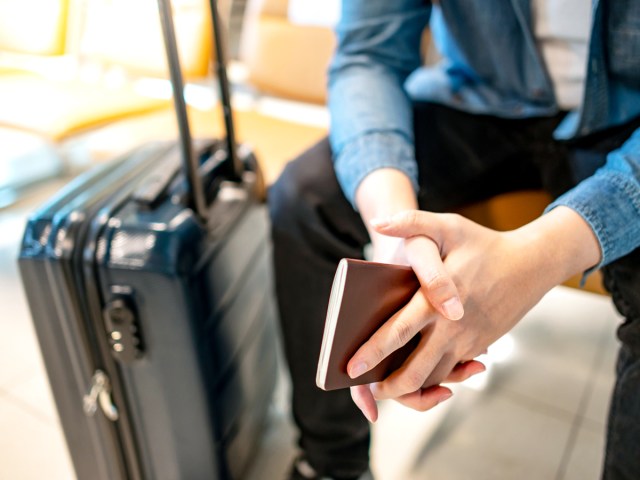
There’s no good time to stop and rummage through your luggage during the boarding process. Instead, try to organize your belongings while waiting for boarding to begin, and have your boarding pass handy as you approach the gate. You should also organize everything you’ll need during the flight — from headphones to a bottle of water or reading material — in an easy-to-reach place before boarding, especially if you’re planning to stow a carry-on bag in the overhead compartment.
Not Respecting Personal Space
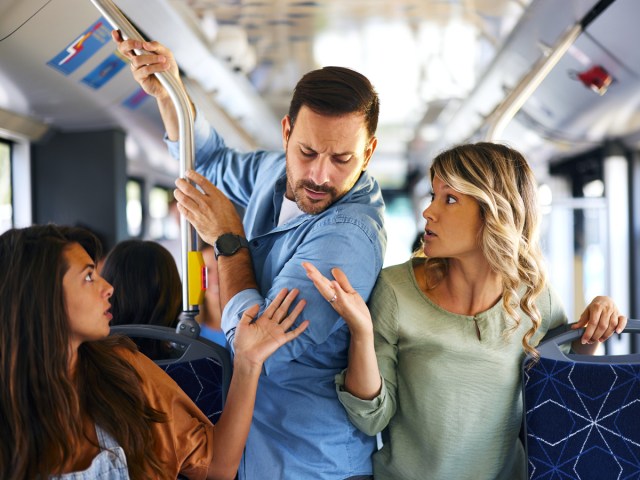
Whether it’s your body or your carry-on, physically bumping into others is one of the rudest things you can do while boarding a plane. For instance, if someone is blocking the aisle, respect their personal space and don’t try to sidle past them and risk knocking them over. It may be frustrating, but it’s best to just wait until they move before proceeding to your seat.
Blocking the Aisle
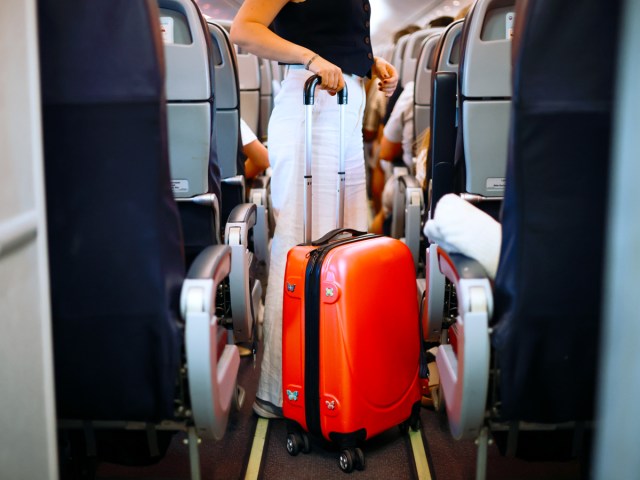
Nobody likes to feel rushed, but there’s an expectation that falls on every passenger to move out of the aisle so everyone can find their seats as quickly as possible. Be familiar with your seat number — bonus points if you familiarize yourself with the aircraft seat map ahead of time — so that you know exactly where you’re going. Once there, try not to dawdle and place your bag into the overhead bin as efficiently as you can.
Hogging Overhead Bin Space
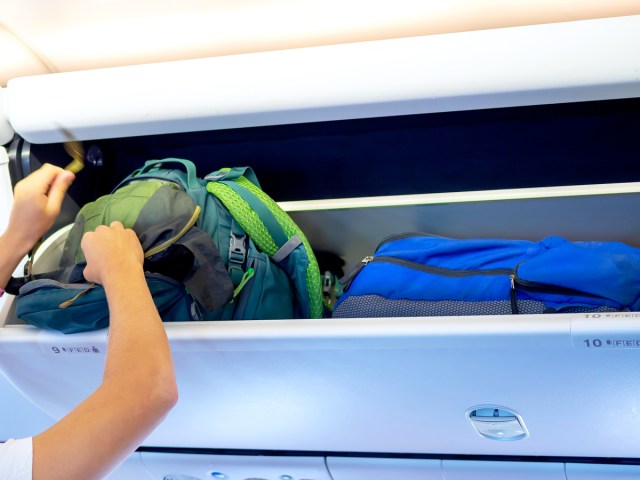
Most airlines have rules that instruct passengers to store only one bag in the overhead compartment, and keep any other smaller carry-on bags, backpacks, laptop bags, or bulky jackets under the seat in front of them.
If you use up too much space in the overhead bin, other passengers seated near you will have no room to store their bags, which can cause delays as they stand in the aisle and search for bin space. If the boarding process ends and there’s still room overhead, feel free to put that jacket up there, but don’t assume off the bat that you can take up as much bin space as you’d like.
Buckling Up Too Early
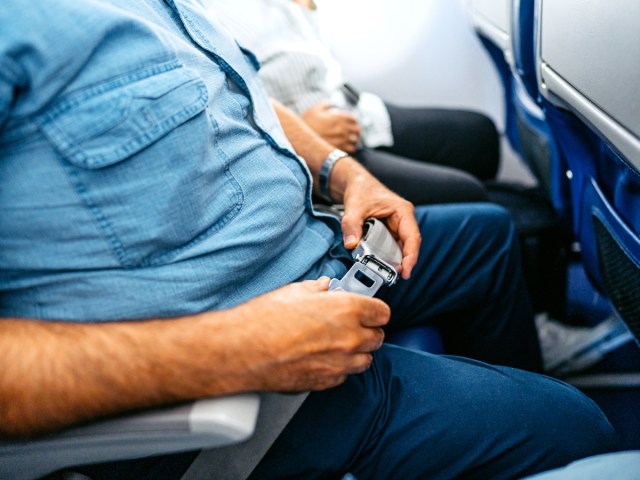
If you’re sitting in the aisle or middle seat, don’t buckle your seat belt just yet. Chances are that someone will need to get by you to sit by the window, which means you’ll have to stand up and get out of their way. If you get settled in your seat before that, you’ll have to go through the hassle of undoing your belt, moving your things, and getting settled again. While this annoyance may eat up only a few seconds, every second adds up during the boarding process.
Sitting in the Wrong Seat on Purpose
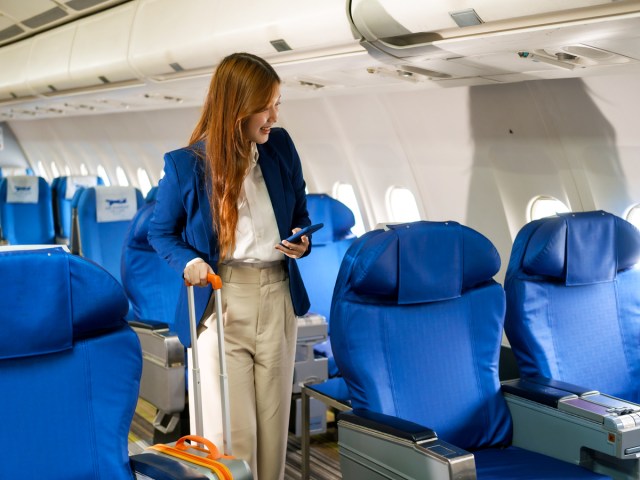
Sometimes passengers inadvertently sit in the wrong seat, in which case they can simply apologize and move to the correct one. But some may attempt to sit in the wrong seat on purpose, even if it’s a much better seat than the one they actually booked.
Not only is “self-upgrading” against airline policies, but odds are that the seat is reserved by someone else, and when they get on the plane, you’ll have to get up and move. This can lead to unnecessary delays during boarding. Other times, you may consider asking a fellow passenger to switch seats so you can be closer to your party, but there’s a proper etiquette for that — never just plop down in their seat and assume they’ll abide by your request, and be prepared to accept “no” as an answer.
Being Distracted on Your Phone
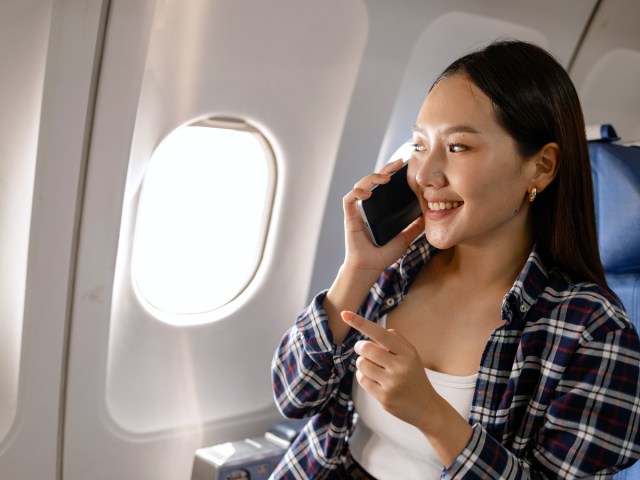
It’s no secret that many of us are obsessed with our phones, but hold off on the urge to text friends (or just doomscroll) until boarding is complete. Otherwise, you risk being distracted and causing a traffic jam during boarding, or you could miss important safety information from the crew.
Reclining Before Takeoff
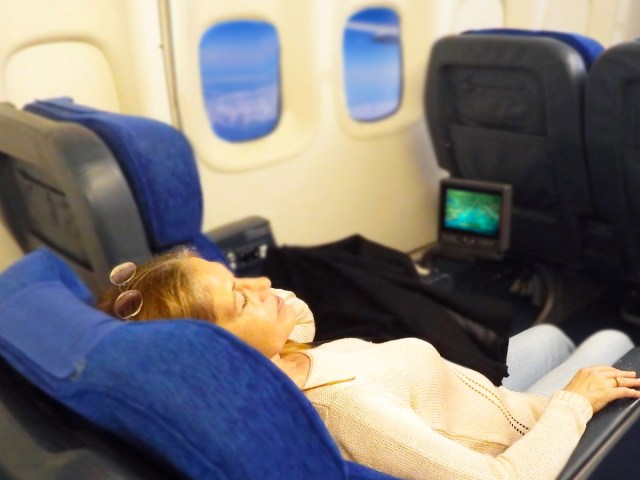
While you may be tempted to recline the moment you sit down, it will make it more difficult for other people to reach the seats directly behind yours. More importantly, seats are required to be in the upright position for takeoff, for safety reasons. Once the aircraft has reached cruising altitude, you’re free to make minor adjustments in order to improve your personal comfort, keeping considerate of those passengers around you.
Bothering the Crew
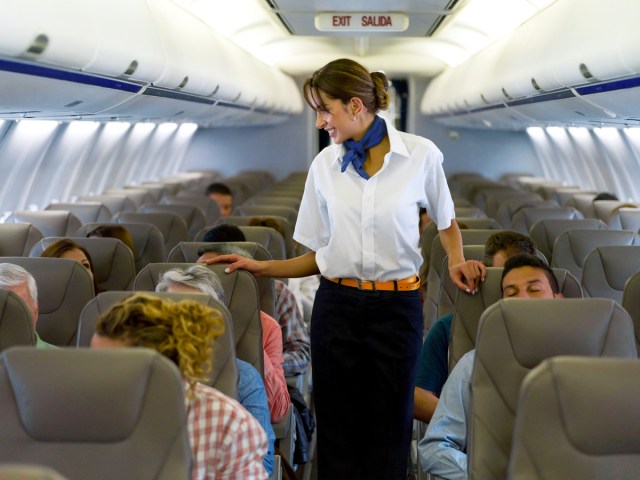
Considerate travelers know that boarding is no time to pester or distract the flight attendants. While it’s perfectly OK to exchange pleasantries, unless it’s an emergency, hold off on making any additional requests until boarding is complete or they’ve begun their in-flight service.
Flight attendants juggle many tasks while passengers are boarding. For example, they need to keep an eye out for any unusual and potentially disruptive behavior, complete safety checks, and potentially lend a hand if there’s an unaccompanied minor or passenger with disabilities who needs help. Also keep in mind that, at least for the time being, flight attendants at most airlines aren’t being paid (or are being paid a lesser rate) until the aircraft door closes, so a little consideration can go a long way.
More from our network
Daily Passport is part of Inbox Studio, an email-first media company. *Indicates a third-party property.






